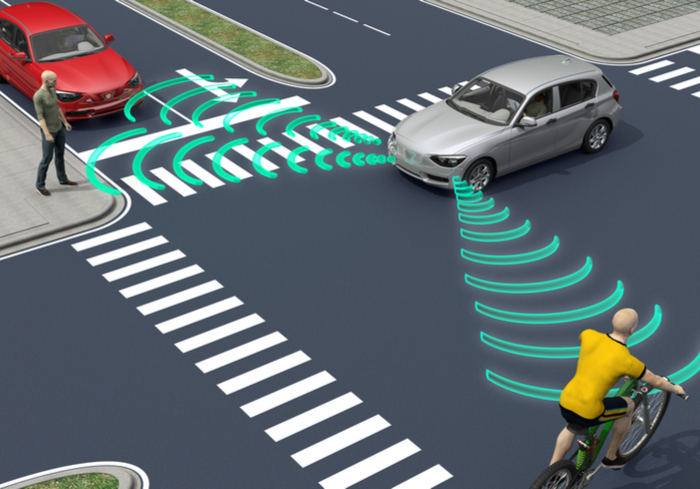Toyota Invests $500 Million In Uber As Part Of New Partnership

Toyota Motor is gearing up to invest $500 million in ride-hailing company Uber Technologies as part of a deal to work on self-driving vehicles with an eye toward making them safer and lowering the cost of transportation.
The Wall Street Journal, citing people familiar with the matter, reported the investment on the part of Toyota values Uber at around $72 billion, which is higher than what SoftBank valued the ride-hailing company at earlier in 2018. As part of the deal, Uber’s self-driving technology will be used in Toyota Sienna minivans that will be used by Uber’s drivers. The cars could be owned and operated by fleet managers outside of Uber, noted the report. The deal comes as Uber has been looking for ways to lower the costs in its self-driving car unit and reduce the losses after a crash this year in which a person died in Arizona. Before making reductions this year it has spent around $750 million on autonomous car development, noted the report. It has recently let go of about 400 test drivers and shuttered its Arizona self-driving business. It also took its cars off the road in San Francisco, Pittsburgh and Toronto amid investigations into the crash in Arizona, noted the Wall Street Journal.
According to the report, the investment in Uber on the part of Toyota is similar to General Motor’s investment in Lyft back in 2016 when it, too, committed $500 million to a ride-hailing company to jointly make self-driving vehicles. That was the first time a car manufacturer and a ride-hailing company inked a partnership. While Toyota has been behind its rivals in the pursuit of self-driving cars, it recently enhanced its research into the area and set a goal of rolling out an autonomous vehicle by 2020. In June, Toyota announced it was investing $1 billion in Grab, the Southeast Asia ride-hailing company, giving it a valuation of $10 billion. Glen De Vos, chief technology officer at Aptiv, the automotive software company, told the Wall Street Journal the investment in Uber by Toyota underscores how serious the company has become about self-driving cars. “It clearly shows they recognize they’ve got to do something a bit different from the traditional model where you do everything in-house with your established partners,” De Vos said in the report.